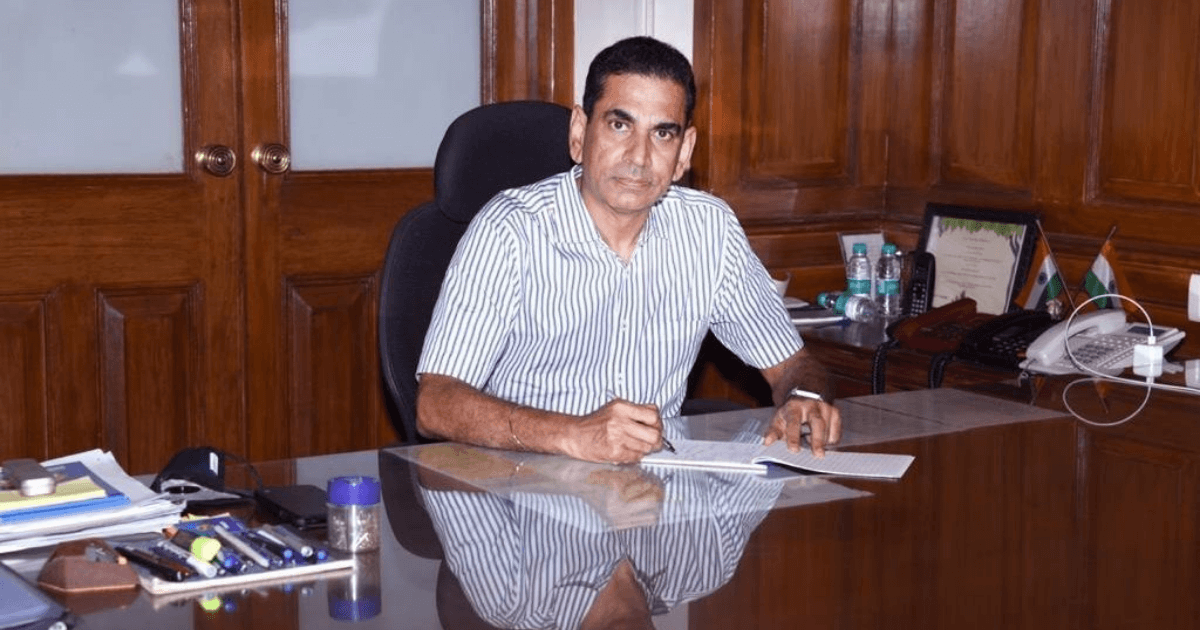Mumbai, battered by both waves of Covid 19, has of late emerged as a model of Covid management. On May 5, a Supreme Court bench of Justices D.Y. Chandrachud and M.R. Shah observed, “The BMC is doing some great work…[Other civic authorities] can learn from them.” One mark of success is that against Mumbai’s daily oxygen need of 230 metric tons (MT), the BMC can supply up to 275 MT per day. Effective oxygen management is one of 25 initiatives the civic body has implemented to beef up the city’s medical infrastructure and systems. Together, these protocols make up the ‘Mumbai Covid Model’.
Since February 10, an unofficial beginning for the second wave of the pandemic, Mumbai has recorded around 361,000 new cases and 2,349 deaths. A positive note has been the city’s low death rate—at 0.6 per cent, among the lowest in the world. On April 10, Mumbai recorded its highest cumulative active case count—92,464 cases—though the number has fallen sharply since, to 45,534 on May 10. The city’s share of new cases in the national tally has fallen to less than one per cent in May 2021, as opposed to 20 per cent in May 2020. Chahal says the BMC’s success in keeping the death rate low is a result of its long-term programmes. During the first wave, contact tracing projects helped identify high-risk patients. BMC workers were able to effectively dispense medical aid to homes in some 2,300 containment zones across the city, with about 150,000 at-risk people isolated in hotels and Covid care centres across five weeks. These efforts led to a flattening of the curve (of new cases) in July 2020. At the same time, the civic body took over bed allocation in the city’s hospitals. “Mumbai is the first and probably only city where patients are [no longer] directly admitted to hospitals,” says Chahal. Under the BMC’s system, patients apply for hospitalisation—a team of BMC doctors then reviews each case and decides whether it warrants a bed. This micromanagement has helped the BMC ensure a supply of beds for those in need. “There is not a single case where someone who needed an oxygen bed didn’t get one,” says Chahal.
A protocol considered questionable at first, Chahal decided in late 2020 to scrap the BMC’s central Covid command centre. He took a decentralised approach instead, setting up command posts in each of the city’s 24 wards, equipped with ambulances, doctors, telephone operators and basic infrastructure to take the fight to the streets. With each ward responsible for about 700,000 people, this arrangement effectively distributed the massive logistical burden of the all-Mumbai command centre. “We created 24 Mumbais,” says Chahal, “each one equipped to fight the battle.” A decision to maintain surplus medical capacity also proved wise. Mumbai has five jumbo Covid care centres across the city with a combined 10,000 beds, with an additional 40,000 in smaller nursing homes and hospitals. In early January, its largest centre, at Nesco in Goregaon, had only three patients in 3,000 beds. Though many recommended decommissioning the centres, Chahal insisted on keeping them open. As the second wave arrived, this proved wise—on May 10, the BMC had 612 ICU beds with 24×7 oxygen supply in Covid care centres, more than any other city in Maharashtra.
One piece of advice Chahal offers civic authorities is not to force hospitals to increase their bed counts beyond the limits of their oxygen storage and delivery systems. Hospitals with more beds than infrastructure inevitably descend into chaos because of supply bottlenecks and logistical trouble, he says. “It is not the supply of oxygen but the inadequate storage that causes a problem,” he says, highlighting the need for enhanced oxygen storage systems at hospitals.
As Covid cases continue to mount, Chahal’s next big challenge is Mumbai’s vaccination drive. The lack of supplies already creates a problem, with Pravin Darekar, leader of the opposition in the legislative council, alleging on May 10 that there was no parity in how the existing supplies were being distributed by the BMC. Chahal, however, is confident. “I have an outstanding team,” he says. “We will overcome the hurdles.”
SOURCE:INDIA TODAY

